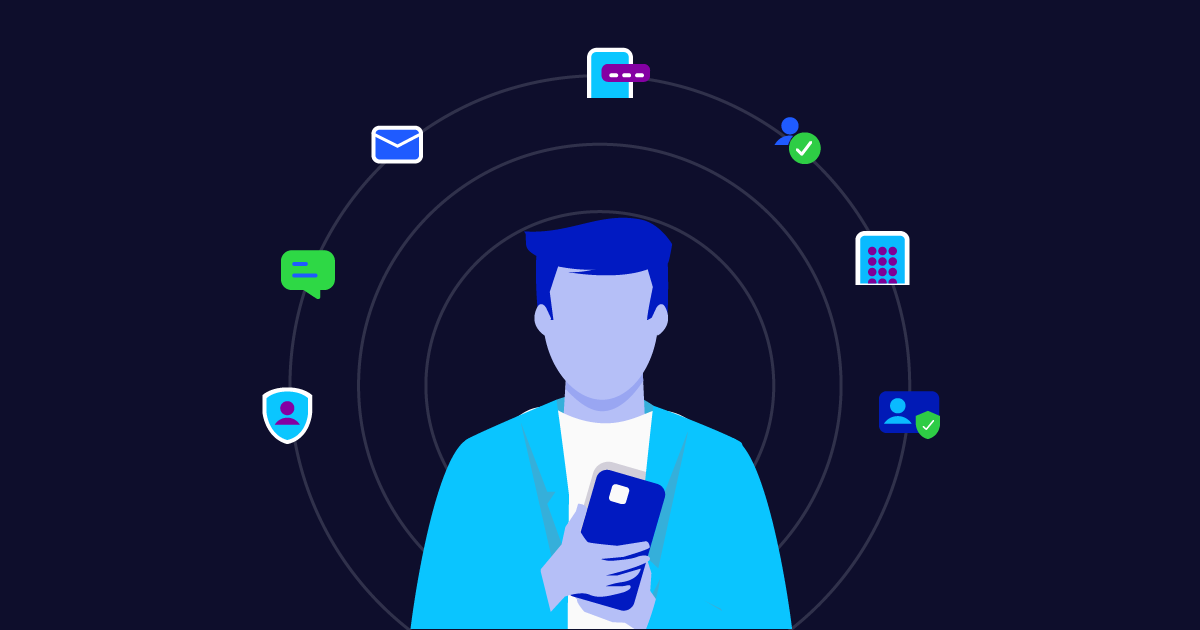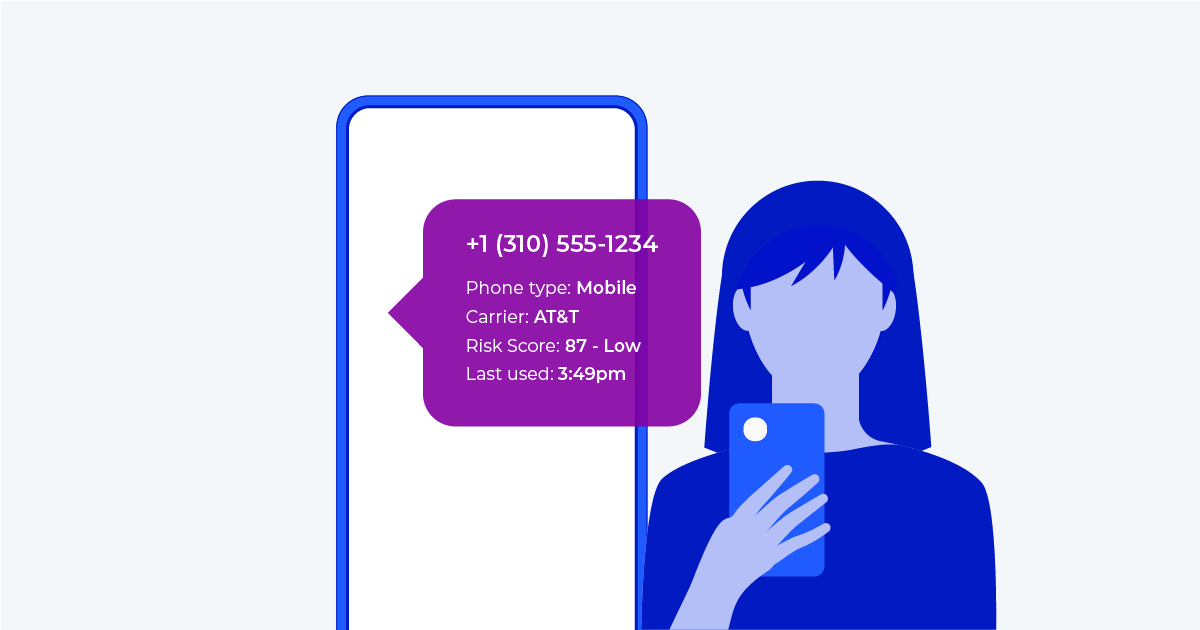
Table of Contents
Digital identification makes a happier, healthier, and safer online experience.
But what about the experience when user verification fails to exist?
Digital identity is increasingly top of mind. Recently, actor and producer Idris Elba took the position that social networks should not be anonymous. Elba’s call for more stringent identification requirements came after England soccer players were subject to racial abuse on social media after their EURO 2020 loss. It’s no secret, cyberbullying is a growing epidemic, and the anonymity of social only adds fuel to the fire. In fact, 9 out of 10 people say the ability to post anonymously enables people to cyberbully, according to Pew Research. While cyberbullying is exacerbated by anonymity, the societal, financial, and business impacts of digital identity extend well beyond social media and free-speech issues.
The threats of digital anonymity
While bots can serve a beneficial function, they’re often used nefariously. The Association for the Advancement of Artificial Intelligence estimates that 9% to 15% of active Twitter accounts are fake – or approximately 48 million accounts. Researchers at Carnegie Mellon University estimate that during the peak of the pandemic nearly half of coronavirus-related tweets originated from misinformation bots. Twitter is not alone. Facebook estimates that 5% of its profiles are fake – or more than 90 million accounts. And every year, Facebook removes an astonishing 5 to 6 billion fake accounts from the platform. This anonymous, fake account problem extends far beyond social media.
It’s estimated that 20% of all online accounts are fake, and 40% of online reviews are fictitious. Humans only account for about 60% of internet traffic. The other 40%? Bots. Some good but more are bad.
The explosion of digital transformation has exposed companies and consumers to new, unprecedented opportunities for fraud and theft. Account creation fraud has become increasingly sophisticated with a wide range of malicious use-cases:
- Reputation and influence bombing through fake likes, comments, shares, and reviews
- Sign-up promo and bonus programs abuse
- Content and profile scraping for malicious or competitive purposes
- Denial of inventory by placing high demand items into online shopping carts or legitimately purchasing items to re-sell
- Money laundering through buying and selling gift cards
- Defrauding digital advertising and adtech platforms
The anonymity of the internet poses challenges for businesses trying to protect themselves from fraud, fake users, and risky behavior. Bypassing proper account verification subjects a company’s customers to spam, phishing attacks, and fraud while increasing the risks of revenue and churn. For companies today, there’s a tradeoff between security and customer experience:
- Prioritize account growth with quick and easy registration
OR
- Prioritize account security with increased registration friction
Most companies – 64% – choose quick and easy onboarding over security and safety. The demand for user and revenue growth outweighs the cost and liability posed by bad actors.
Effective onboarding is complex
It’s no surprise. Effective onboarding is a complex process, and it is difficult to get right without increasing customer friction. To securely onboard new customers, companies must answer four critical questions:
- Validation: Is this user real or fake?
- Verification: Does this user match an existing identity in the real world?
- Authentication: Can this user access something unique (phone/info) to the person?
- Risk Assessment: Is this user behaving normally, or does something seem wrong?
Businesses that can transform the data these questions generate into digital identity signals that assess key moments and interactions will experience a significant reduction of fraud and flagitious activity.
By simply collecting a mobile phone number, companies can quickly and easily answer these questions without sacrificing the user experience. Phone number reputation scoring is being used more and more as a critical resource of data for validating consumer identity, preventing fraud, maintaining community integrity, and creating frictionless customer experiences.
Ensuring your company validates, verifies, and authenticates every user who creates an account is critical. It’s a win-win for you and your customers.



